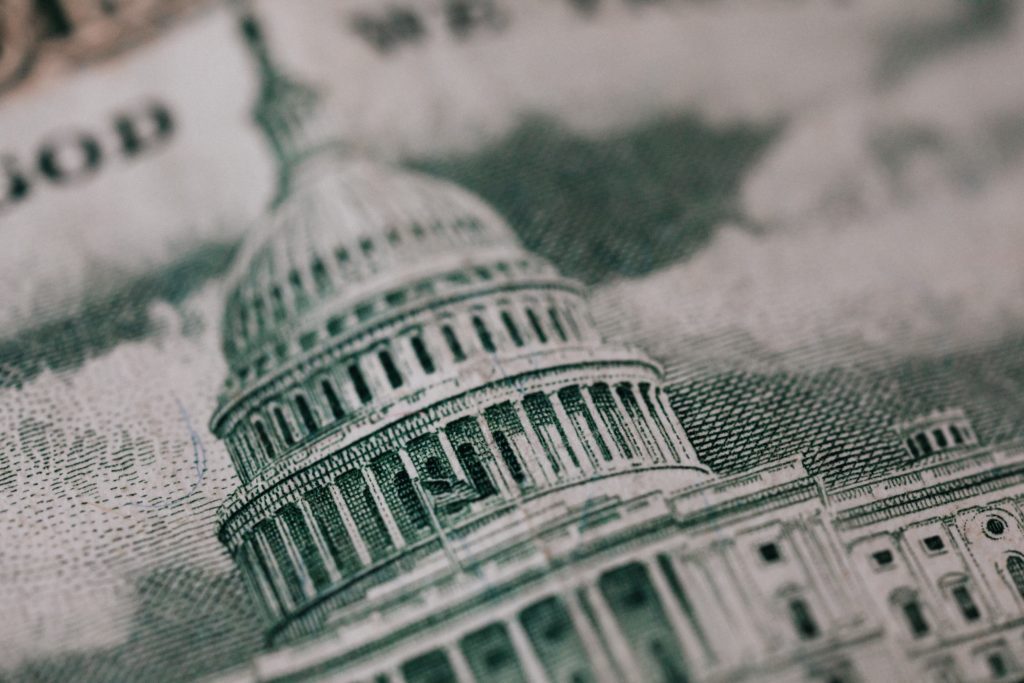Can a Lender Modify the Terms of a PPP Loan?
Reading Time: 5 minutes
The Paycheck Protection Program (“PPP”) was a program approved by Congress in 2020 to support American businesses through the coronavirus pandemic as a part of the Coronavirus Aid, Relief, and Economic Security Act (“CARES Act”) and later modified by the Paycheck Protection Program Flexibility Act in June of 2020. The U.S. Small Business Administration (“SBA”) is charged with overseeing the PPP loan program. The PPP loan program is unique in that it provided lenders with very broad authority to issue and service PPP loans with much broader authority than is granted through other SBA loan programs. This article will discuss what terms of a PPP loan a lender may modify without voiding the SBA loan guaranty.
Required Terms for PPP Loans
Lenders have broad discretion to modify PPP loans as they see fit. However, it is important that when a modification is implemented, lenders should follow the parameters required of all PPP loans. The following are required terms of a PPP loan that should be considered by lenders before making modifications to existing PPP loans:
- Loans issued after June 5, 2020, with remaining balances after SBA forgiveness, are required to have a minimum maturity of five years and a maximum maturity of 10 years from the date on which the borrower applies for loan forgiveness; [1]
- Loans issued before June 5, 2020, maintain their initial two-year maturity;
- Loans must have an interest rate that does not exceed four percent, calculated on a non-compounding, non-adjustable basis; [2]
- If a borrower becomes more than 60 days in arrears, the lender should make a demand for payment in full and submit a request for guaranty purchase and charge off; [3]
- Document and upload a certified copy of any modifications of the note to the SBA portal. [4]
What Terms of a PPP Loan can a Lender Modify?
As the loan holder and servicer, lenders are entrusted to make PPP loan modifications with minimal SBA oversight. So long as a loan modification is consistent with the SBA’s guidelines, interim final rules for the PPP loan program (“IFRs”), and the requirements for PPP loans set forth in 15 U.S.C. §636(a)(36), the lender will not jeopardize the SBA Guaranty Purchase in the event of a borrower’s default.
There are several areas where lenders may have significant discretion to modify PPP loan terms. However, not all PPP loans may be modified. After the PPP Flexibility Act was implemented, lenders had a set time frame during which loans with a two-year term could be converted to the five-year term. Lenders should review the IFR to determine which loans are eligible to have the loan term extended to five years.
For loans which were issued after the PPP Flexibility Act was passed in June 2020, the default term is set at five years and lenders have the flexibility, with consent of the borrower, to extend the term up to 10 years from the end of the covered period. [5] Additionally, federal law provides that lenders may have the flexibility to modify the interest rate of the existing PPP loans, as the law allows for interest rates up to four percent. [6]
Things to Consider Before Modifying a PPP Loan
There are a few important factors and documents that lenders should consider before making modifications to a PPP loan. First, lenders should review the IFRs and the SBA’s PPP lender servicing guidelines to ensure any modifications under consideration are consistent with the SBA’s requirements listed above. It is also important for lenders to determine whether the borrower has applied for forgiveness of the loan from the SBA.
If the borrower has yet to apply for loan forgiveness, lenders should ensure that an application for forgiveness has been submitted prior to making any loan modifications, as to not adversely impact any potential forgiveness. Additionally, lenders should consider the financial stability of the borrower when determining whether to make any loan modifications. Furthermore, lenders should review all SBA procedural notices regarding guaranty purchases and lender servicing responsibilities, as running afoul of such notices is likely to jeopardize the SBA guaranty. Especially, if the borrower is in or nearing 60 days of arrears on their loan.
Conclusion
So long as modifications to PPP loans stay within the parameters of the PPP loan program, lenders have significant discretion to modify such loans without jeopardizing the SBA guaranty. Lenders should also be sure that any modifications are documented and uploaded to the SBA’s portal. The experienced attorneys at Jimerson Birr can help ensure modifications to a PPP loan will not jeopardize the SBA guaranty.
Authors:
- Brandon C. Meadows
- Maxwell Salain, JD Candidate
Footnotes:
[1] 15 U.S.C. § 636(a)(36)(K).
[2] 15 U.S.C. § 636(a)(36)(L).
[3] See, SBA Procedural Notice 5000-812316 (July 15, 2021), SBA Guaranty Purchases and Lender Servicing Responsibilities for PPP Loans.
[4] See, SBA Procedural Notice 5000-812316 (July 15, 2021), SBA Guaranty Purchases and Lender Servicing Responsibilities for PPP Loans.
[5] See 15 U.S.C. § 636(a)(36)(K)
[6] 15 U.S.C. § 636(a)(36)(L)


